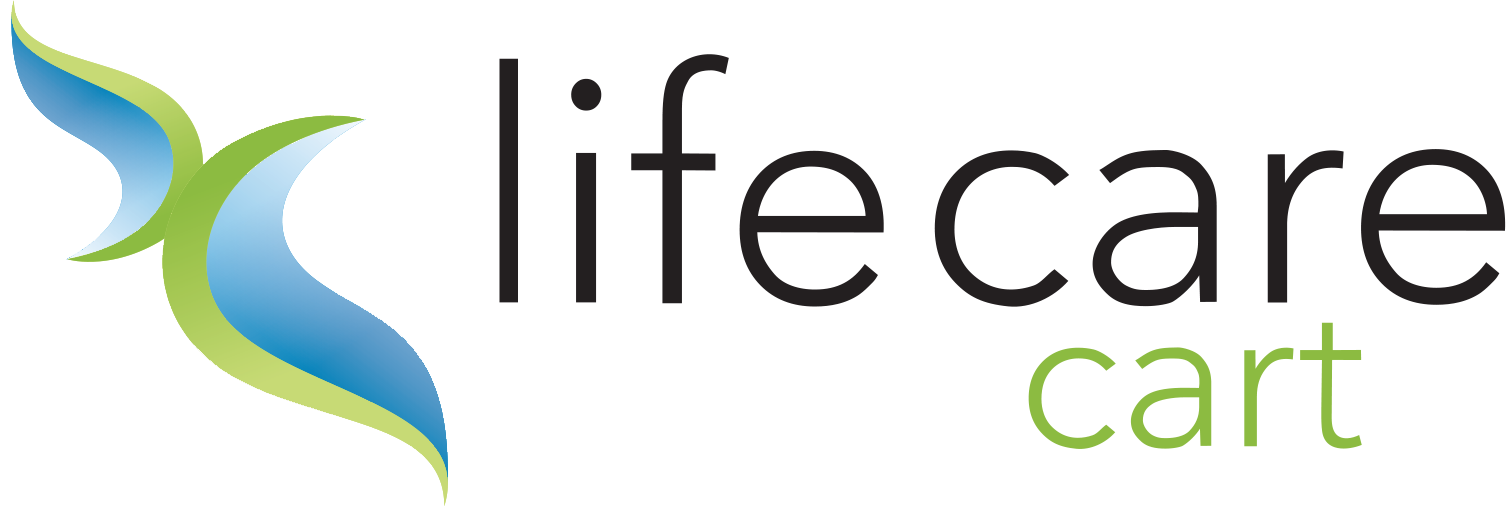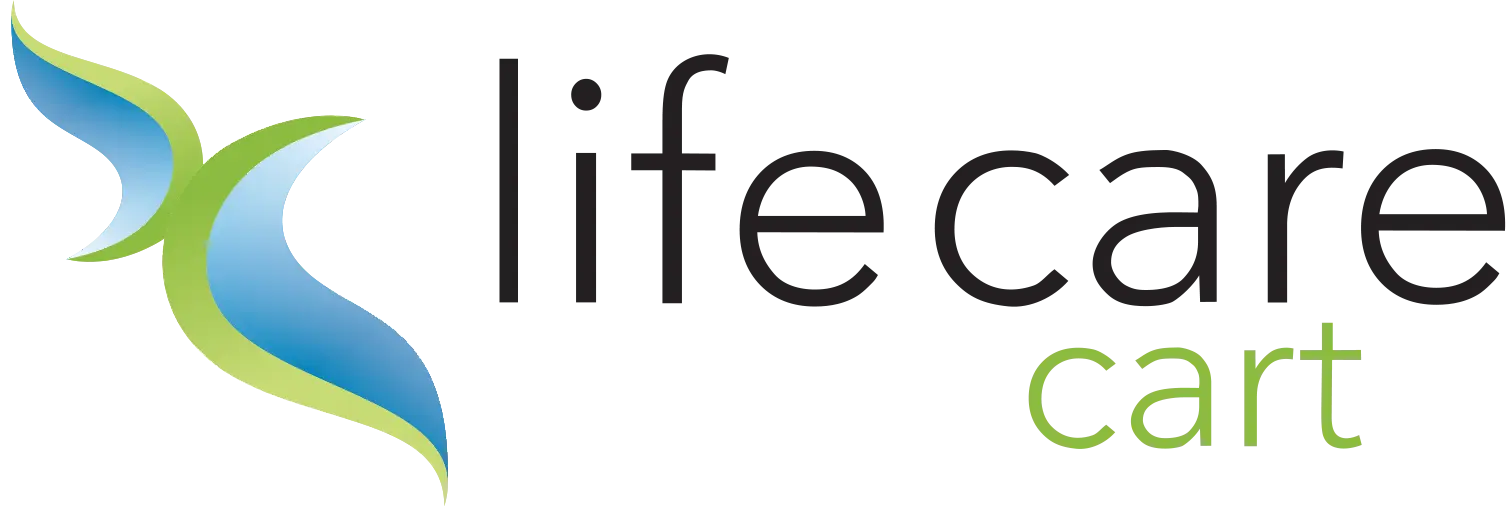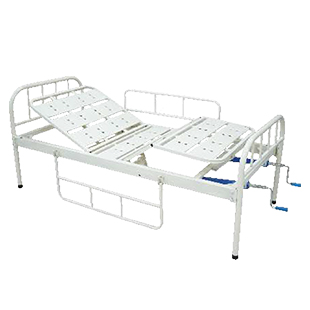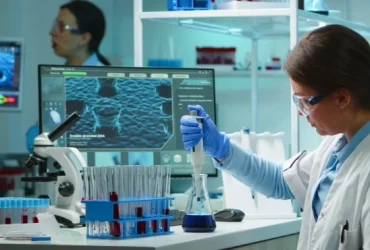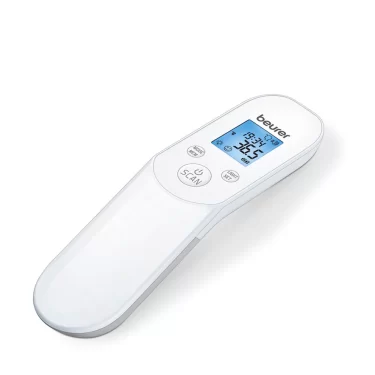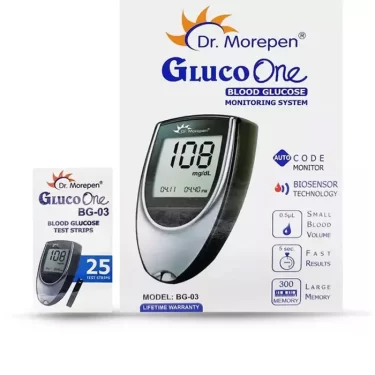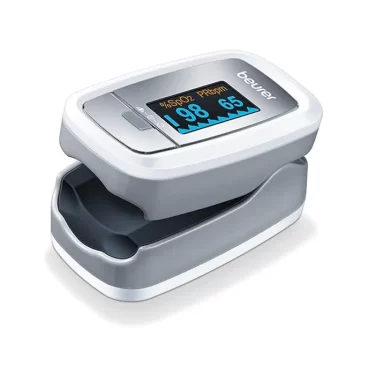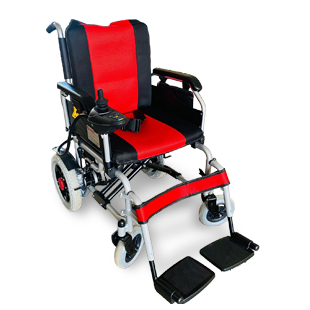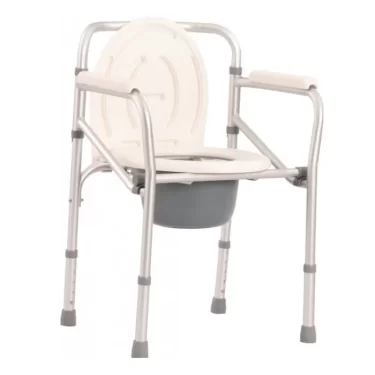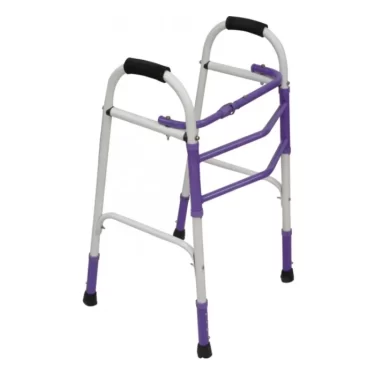- Your cart is empty
- Continue Shopping
The Evolution and Impact of Healthcare Products on Modern Life

The healthcare industry has snowballed into a multi-billion dollar industry. This is mostly due to the evolution of the way we manage health and wellness using the latest healthcare products in the market. From the very basic products like first aid supplies to advanced medical devices, these healthcare products have an important role in improving the quality of life, bettering treatment outcomes, and promoting overall well-being.
The Evolution of Healthcare Products
Healthcare products have come a long way from the days of the ancient times when remedies and rudimentary tools were used to treat sick people. With the arrival of modern science and technology, the healthcare industry has undergone a drastic shift in its approach. The evolution can be mainly categorised into three major phases:
1. Ancient and Traditional Remedies:
- Early civilizations used natural ingredients like herbs, plants, and minerals for medicinal purposes. For example, the Egyptians used honey for its antibacterial properties, while the Chinese practised acupuncture.
- Traditional medicine systems like Ayurveda and Traditional Chinese Medicine (TCM) still continue to influence modern healthcare products, especially in the realm of natural and alternative therapies.
- Techniques such as trepanation (drilling holes into the skull to treat head injuries or mental disorders) and the use of herbal potions were common practices.
2. Industrial Revolution and Synthetic Medicine:
- The 19th and 20th centuries brought about significant developments with the coming of the industrial revolution, leading to the large-scale production of pharmaceuticals and medical devices.
- The discovery of antibiotics like penicillin fully reformed the treatment of bacterial infections, greatly decreasing mortality rates.
- Innovations such as the invention of the stethoscope, X-ray machines, and antiseptics dramatically altered the medical field, making diagnosis and treatment more effective.
- The development of synthetic drugs and vaccines during this period helped in dealing with many diseases that were once considered deadly or life-threatening.
3. The Digital Age and Biotechnology:
- The 21st century brought with it an era of digital health and biotechnology. Wearable devices, telemedicine, and personalised medicine are positively affecting the way we approach health and wellness.
- Innovations like CRISPR gene editing, 3D-printed organs, and AI-driven diagnostics are pushing the boundaries of what is possible in healthcare.
- The integration of big data and artificial intelligence (AI) in healthcare has led to more accurate diagnostics, predictive analytics, and personalised treatment plans.
Categories of Healthcare Products
Healthcare products can be mainly classified into these six categories, each serving a distinct purpose in the continuum of care:
1. Pharmaceuticals:
- Pharmaceuticals include prescription medications, over-the-counter (OTC) drugs, and vaccines. These products are very important for the prevention, treatment, and management of diseases.
- The pharmaceutical industry invests heavily in research and development to bring new drugs to market, taking care of unaddressed medical needs and bettering patient outcomes.
- Modernisation of the drug delivery systems, such as transdermal patches and targeted drug delivery, have vastly improved the efficacy and safety of medications.
2. Medical Devices:
- Medical devices range from simple instruments like thermometers and stethoscopes to complex machinery like MRI scanners and robotic surgical systems.
- These devices assist in diagnosis, monitoring, and treatment, making healthcare more efficient and effective.
- Advances in medical technology have led to the development of minimally invasive surgical tools and implantable devices, improving patient recovery times and outcomes.
3. Personal Care and Hygiene Products:
- Products like hand sanitizers, disinfectants, and skincare items play a vital role in maintaining personal hygiene and preventing the spread of infections.
- The COVID-19 pandemic brought to the fore the importance of these products, leading to a leap in demand for sanitizers, masks, and cleaning supplies.
- Innovations in this category include antimicrobial fabrics and smart personal care devices that monitor skin health and provide customised skincare solutions.
4. Nutritional Supplements:
- Nutritional supplements, including vitamins, minerals, and herbal products, are a very popular modern way to sustain overall health and wellness. They can help fill dietary gaps and promote optimal functioning of the body.
- The growing interest in preventive healthcare has boosted the popularity of supplements, with consumers seeking ways to improve their health proactively.
- Research into nutraceuticals and functional foods is leading to the development of products that provide specific health benefits, such as better cognitive function and immune support.
5. Assistive and Mobility Devices:
- Assistive devices like wheelchairs, hearing aids, and prosthetics increase the quality of life for individuals with disabilities or mobility challenges.
- Advances in technology have led to the development of sophisticated devices, such as smart prosthetics and exoskeletons, offering greater independence and functionality.
- Innovations in this field are focusing on creating more comfortable, user-friendly, and versatile devices that increase the mobility and independence of users.
6. Telehealth and Digital Health Tools:
- Telehealth platforms and mobile health apps allow for remote consultations, monitoring, and management of health conditions.
- Fitness trackers and smartwatches are some of the wearable devices which render real-time health data, thereby equipping individuals to take the reins of their health.
- The integration of AI and machine learning in these tools is increasing the accuracy of health monitoring and providing personalised health recommendations.
Impact of Healthcare Products on Society
The growth of healthcare products has had a radical impact on society, influencing various aspects of life:
1. Improved Health Outcomes:
- Access to a wide range of healthcare products has greatly made great strides in health outcomes. Early diagnosis, effective treatment, and preventive measures have contributed to increased life expectancy and reduced morbidity.
- For instance, the widespread availability of vaccines has led to the eradication of diseases like smallpox and a dramatic reduction in the incidence of polio.
- Chronic diseases such as diabetes and hypertension are now better managed with advanced medications and monitoring devices, improving patients’ quality of life.
2. Enhanced Quality of Life:
- Healthcare products increase the quality of life by allowing individuals to manage chronic conditions, recover from injuries, and maintain overall well-being.
- Assistive devices, in particular, equip people with disabilities to lead more independent and satisfactory lives.
- The headways made in home healthcare products, such as home dialysis machines and portable oxygen concentrators, grant patients the opportunity to receive care from the comfort of their homes.
3. Economic Impact:
- The healthcare industry is a major contributor to the global economy, providing employment and driving innovation. The development and distribution of healthcare products generate significant revenue and stimulate economic growth.
- Additionally, effective healthcare products decrease the burden on healthcare systems by preventing hospitalizations and lowering treatment costs.
- The pharmaceutical and medical device industries invest heavily in research and development, leading to the creation of high-value jobs and technological advancements.
4. Increased Health Awareness:
- The availability of health information through digital platforms and health products has raised awareness about the importance of preventive care and healthy living.
- Consumers are becoming more motivated about taking care of their health, leading to healthier lifestyles and better health outcomes.
- Public health campaigns and educational initiatives, supported by healthcare products, have contributed to a greater understanding of health and wellness.
5. Challenges and Considerations:
- In spite of the considerable benefits, the boom of healthcare products also presents challenges. Issues like affordability, accessibility, and the potential for misuse need to be looked at more carefully.
- Regulatory oversight is very important to make sure of the safety, efficacy, and quality of healthcare products. Counterfeit products and unregulated supplements pose considerable risks to public health.
- Ethical considerations, such as data privacy and the equitable distribution of healthcare resources, must be dealt with to make certain that all individuals benefit from advancements in healthcare products.
The Future of Healthcare Products
The future of healthcare products has positioned itself to be fashioned by these key trends and innovations:
1. Personalised Medicine:
- Advances in genomics and biotechnology are paving the way for personalised medicine, where treatments are customised to an individual’s genetic makeup.
- Personalised healthcare products, including targeted therapies and precision diagnostics, promise to improve treatment efficacy and reduce adverse effects.
- The blossoming of companion diagnostics and biomarker-based therapies is making far-reaching changes in the treatment of cancer and other complex diseases.
2. Digital Health and Artificial Intelligence:
- The combination of artificial intelligence (AI) and machine learning in healthcare is transforming product development and patient care.
- AI-powered diagnostic tools, predictive analytics, and virtual health assistants are boosting the accuracy and efficiency of healthcare delivery.
- Innovations such as AI-driven imaging analysis and robotic surgery are improving the precision and outcomes of medical procedures.
3. Sustainable and Eco-friendly Products:
- There is a flourishing emphasis on sustainability in healthcare. Eco-friendly products, biodegradable packaging, and green manufacturing practices are gaining traction.
- Consumers and companies alike are recognizing the importance of minimising the environmental impact of healthcare products.
- The development of sustainable materials and recycling programs for medical devices and packaging is helping to reduce the ecological footprint of the healthcare industry.
4. Telehealth and Remote Monitoring:
- The adoption of telehealth and remote monitoring tools is expected to continue expanding, propelled by the need for accessible and convenient healthcare solutions.
- Wearable devices and home health monitoring systems will play a crucial role in chronic disease management and preventive care.
- Innovations in remote patient monitoring and telemedicine platforms are improving access to care, particularly in rural and disadvantaged areas.
5. Regenerative Medicine and Bioprinting:
- Regenerative medicine, including stem cell therapy and tissue engineering, sustains the assurance of repairing or replacing damaged tissues and organs.
- Bioprinting, the use of 3D printing technology to create biological structures, is an exciting frontier in the development of customised healthcare products.
- Advances in this field are leading to the creation of bioengineered tissues and organs that can be used in transplantation and regenerative therapies.
Conclusion
Healthcare products have come a long way, evolving from simple natural remedies to sophisticated medical devices and digital health tools. Their impact on society is unerasable, improving health outcomes, increasing quality of life, and driving economic growth. As we look towards the future, innovations in personalised medicine, digital health, and sustainable practices will continue to shape the landscape of healthcare products.
